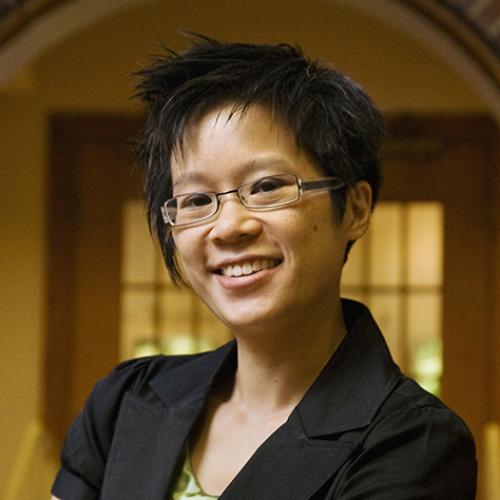Assistant Professor Bonnie Mak’s most recent publication, "Archaeology of a Digitization," will appear in the August edition of the Journal of the Association for Information Science and Technology (JASIST). In this article Mak proposes an approach to analyzing databases and other digitized resources as "artefacts of the modern day, evidence of how we are now collectively perceiving, imagining, making, organizing, and sharing our cultural heritage."
Mak explores the history of selection and production practices of Early English Books Online (EEBO), a database that is relied on heavily by scholars in the humanities. The sources available via EEBO and the methods and motivations behind the selection and digitization of each exemplify Mak’s assertion that digitized materials embody modern perceptions of original works. Moreover, she argues that digitally encoded resources are cultural objects that should themselves be considered sites of scholarly investigation. Her excavations of EEBO reveal that the present-day database has benefited from various competing national agenda of the early- and mid-twentieth century, wartime technologies, and the labor of female historians, librarians, bibliographers, photographers, and spies during World War II.
"Databases carry traces of their own history that can be examined in a broader investigation of the social processes and practices of knowledge-production," Mak said. "My article demonstrates how we might begin to undertake the work of critically analyzing such digital resources and shows what a historical approach can offer to the study of new technologies."
Mak, who will receive tenure and be promoted to associate professor this fall, joined the GSLIS faculty in 2008. Her research interests include the interpenetration of manuscript, print, and digital cultures; the cultural production and circulation of knowledge; palaeography and diplomatics; manuscript studies; book history; medieval and early modern collecting; and the history of archives and libraries. At GSLIS, Mak co-chairs the History Salon. She is currently a member of the Advisory Editorial Board of Information & Culture and the Editorial Board of the new online and open-access journal, Architectures of the Book. Her first book, How the Page Matters, was published by the University of Toronto Press in 2011, and she is at work on her next book-length project, Culture in an Age of Data, a cultural history of digitizations.
